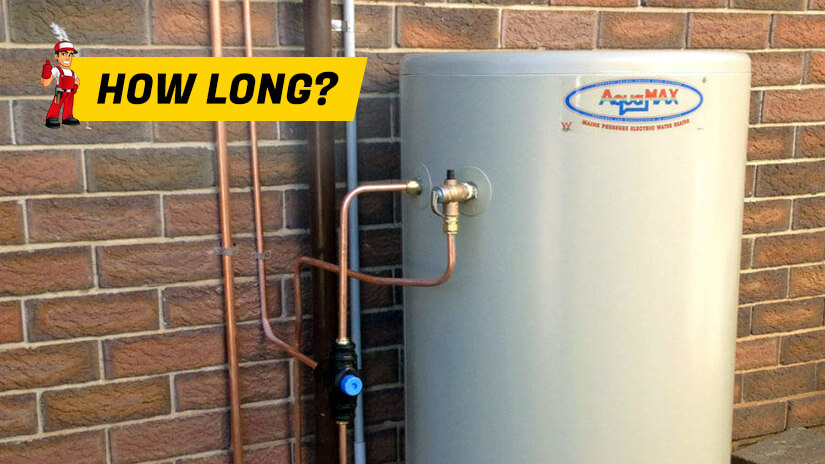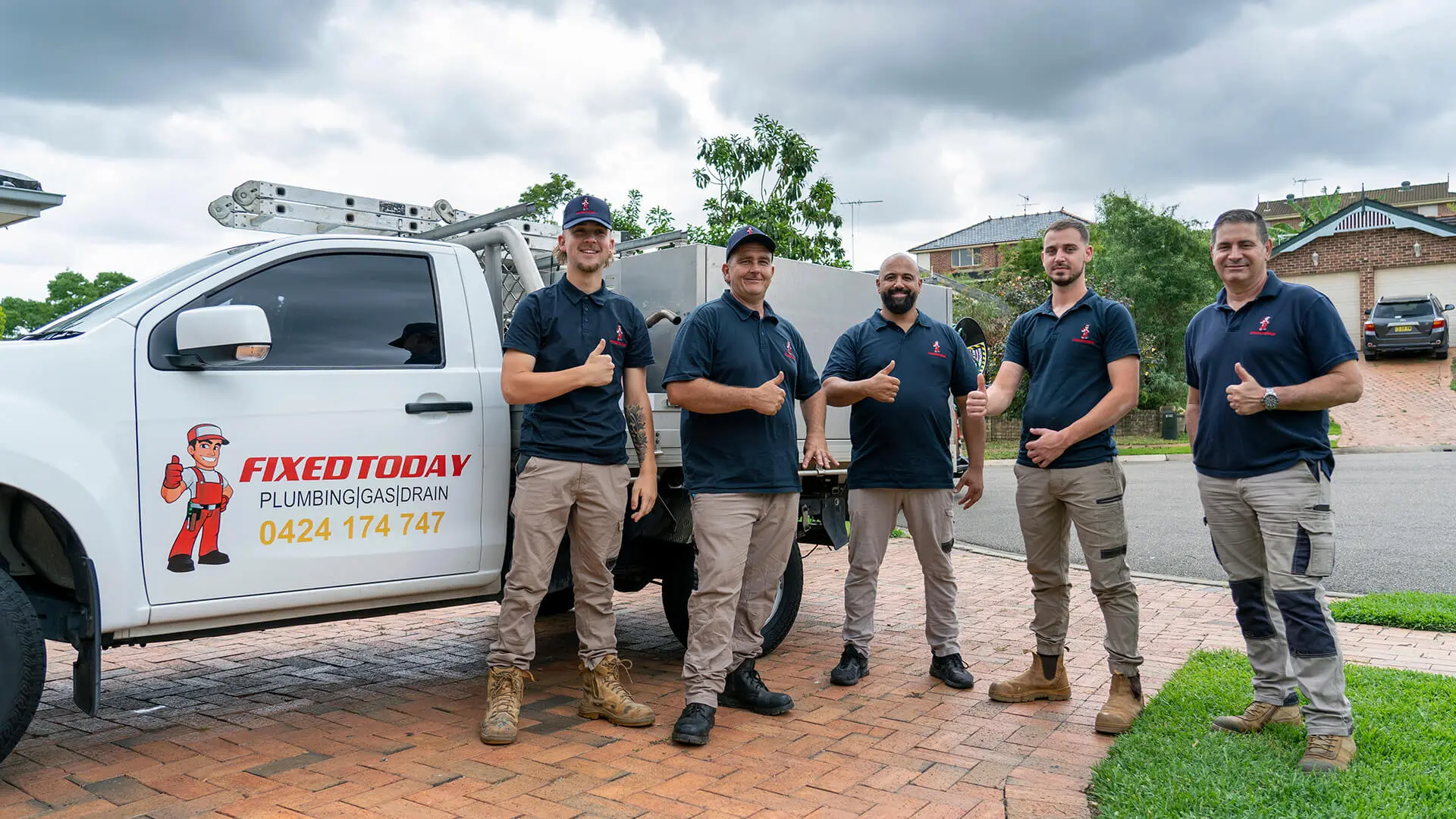Hot water systems are designed to last for years. Typically, a continuous-flow gas system can keep going for about 15 to 20 years if you look after it well. Electric systems tend to last between 8 to 12 years, hinging on whether they’re tank-based or tankless. Much of their lifespan comes down to how diligently you care for them. The system’s warranty will give you a good idea of its expected lifespan.
But like everything else, nothing lasts forever. Normal wear and tear, old age, underlying issues and how you take care of your hot water systems play a part in your tank’s life span.
The main contributor to your system’s longevity is you. Regular preventive maintenance, much like servicing a car, can significantly extend your hot water system’s life. It’s best not to wait until a plumbing emergency strikes. Keep up with periodic services and tackle any issues, no matter how minor they may seem, before they turn into bigger problems.
Have a highly professional local plumber perform a maintenance flush regularly for sediments, especially if you are in an area with hard water. This will prevent damage from corrosion and won’t make your system work harder, lowering its lifespan.
Be consistent with your schedule to avoid replacing your system for much longer. Your tender, loving care will be worth the investment.

What are the signs your hot water heater is going out?
1. The age of your current tank
If you know your unit is well over 15 years old, expect it to show signs you need to start looking into upgrading a new hot water system.
A professional plumber can inspect your hot water tank and recommend the best replacement for your home or business.
2. Weak or low temperature
If you are in the middle of a shower and your water suddenly goes cold or takes a while to heat up, you may have an issue with the heating element or a faulty thermostat.
Your system’s energy source, the size of the tank, and its current condition can affect the efficiency of the heating mechanism.
The average gas unit takes about 30-40 minutes to heat up. An electrical heater takes roughly twice as long. The same goes for a solar system, usually connected to an electrical heater. A cloudy day can affect the heating time, as it needs sunrays.
Contact your local plumber for advice on buying a continuous flow tank, storage water heater, or gas or electric hot water unit. They will have the knowledge and experience to help you decide on your new system. They can also make necessary repairs and regular maintenance on your current model.
3. Noisy tank
If you hear banging or hissing, it might mean there’s an issue with the heating element or a build-up of sediment in the tank.
A build-up of minerals may start to grow and act like rocks floating inside your unit. When they hit the pipework, you will hear banging or other sounds.
Over time, heating elements can come loose, or valves might fail to operate smoothly.
4. Rusty tank or discoloured water
Leaks in and around your hot water system could come from fittings, such as pipework or valves. Rust and discoloured water are effects of corrosion from a leaking unit.
Annual maintenance is recommended for water heaters under five years old. This includes flushing and sediment removal inside the tank.
Ask your trusted plumbing company about regular maintenance of your hot water unit.
5. Low Water Pressure
It’s common for hot water units to lose pressure over time. Reasons can vary. Blockages, bent water supply lines, leaks, and cracked or broken pipes may exist. Sediment and limescale may have also built up. Or, if your household has increased, you could need a new tank to keep up with your water usage.
The easiest way to identify low hot water is to turn on a tap or shower and only run it hot. Suppose the water coming out is significantly less than your cold water or than it once was; it’s time to have a plumber look at your water pressure.
Need a Plumbing Service?
What should you consider when replacing your hot water system?
If repairs and hot water system maintenance aren’t enough, you may need to replace your hot water system. You can try new models (e.g. from electric to solar hot water systems or heat pumps) or stick to your old and tested brand.
You need to consider your budget. A hot water system is a significant investment, but you could save on your bill rather than maintain a faulty one or buy a low-quality one.
You must also consider how much hot water you need, whether to have a water tank or go tankless or continuous flow, your water usage, property and household size, and how energy efficient you want to be. Each type and model has advantages and disadvantages.
Chat with water heating professionals to find out what might work best for your needs. They can provide recommendations tailored to you. Your local experts are well aware of the latest trends and models available.
At Fixed Today, we offer a wide range of plumbing services, covering all your hot water needs. With our services, you can enjoy high-quality hot and cold water supplies. We also specialise in water heater repairs and replacements. Give us a call anytime—our 24/7 hotline is always open for hot water emergencies like bursts.















